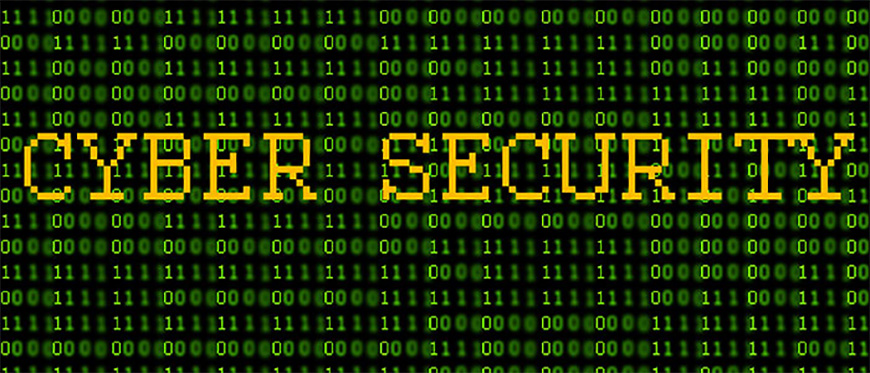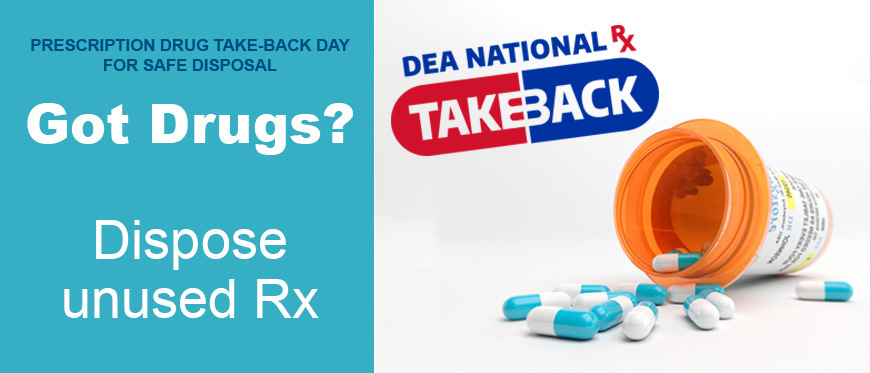We now live in a world that is more connected than ever before. The Internet touches almost all aspects of everyone’s daily life, whether we realize it or not. National Cyber Security Awareness Month is designed to engage and educate public and private sector partners through events and initiatives with the goal of raising awareness about cybersecurity.
What does this mean to us up in Vermont away from the big cities and large corporations? With the proliferation of internet access and communications it is now a very small world, and while that makes access easier for us, it also makes access easier for the cyber criminals.
What can you do during in Cyber Security Awareness Month to ensure that your personal information is safe?
Below are a few tips on what to watch out for but the common theme is be suspicious of unknown sites or emails.
- Know what information you should be protecting. Think twice before entering any personally identifiable information, like social security numbers, Medicaid/Medicare numbers, credit card numbers, your credentials, or any information that you wouldn’t want strangers to know.
- Make sure the webpage is secure. Before you enter any sensitive information into a webpage, check for a padlock in the browser. This padlock indicates that the website has a trusted encryption certificate (sometimes called a Secure Socket Layer, or “SSL,” certificate). Sites that do not have trusted certificates may not be legitimate and could be trying to steal your information. Your browser will also warn you when you navigate to a site that isn’t trusted. If you choose to proceed to this website, don’t enter any sensitive information.
- Be aware of Phishing scams. Phishing is a cybercrime where the perpetrator attempts to trick the user into disclosing sensitive information, such as usernames, passwords, credit card information or bank accounts. They accomplish this by posing as a trustworthy organization (Bank of America, Apple, UPS).
Luckily, there are commonalities found throughout most phishing emails: They almost always contain an inciting message that requires an immediate response, indicating that if you don’t respond, you could be put into a rather unfortunate circumstance.
Legitimate companies will never ask you for information they already have. Also, any links they want you to click should point back to the company’s corporate website. Make sure to hover your mouse over the link to make sure it is actually going to the legitimate webpage. If the company had their customer information compromised, like during the recent Target breach, they will go to extra lengths to make it clear to customers that they are who they say they are. Shortly after the Target breach, we saw a large increase in fake Target emails.
For more information about Cyber Security, visit the Department of Homeland Security's website.





